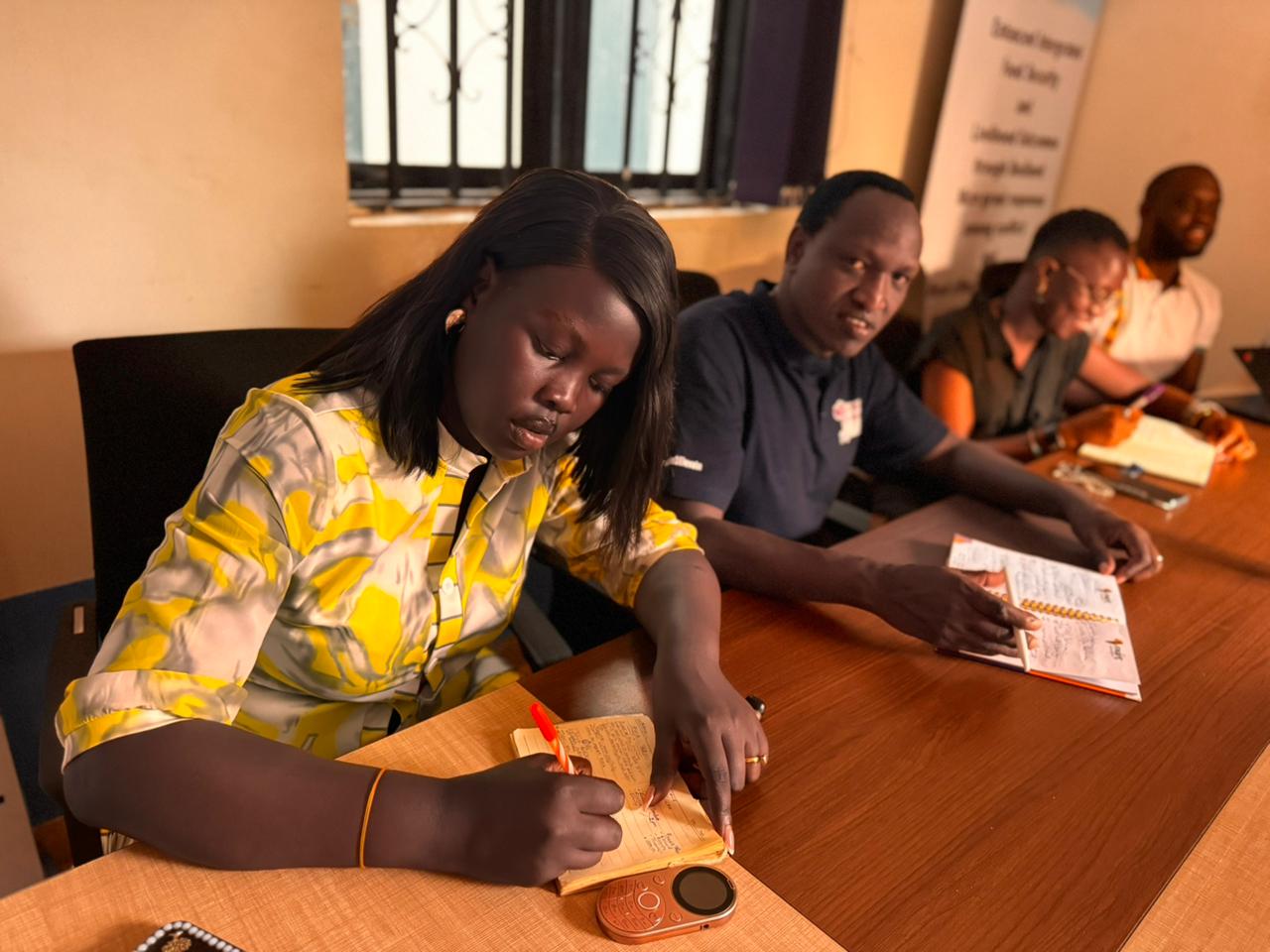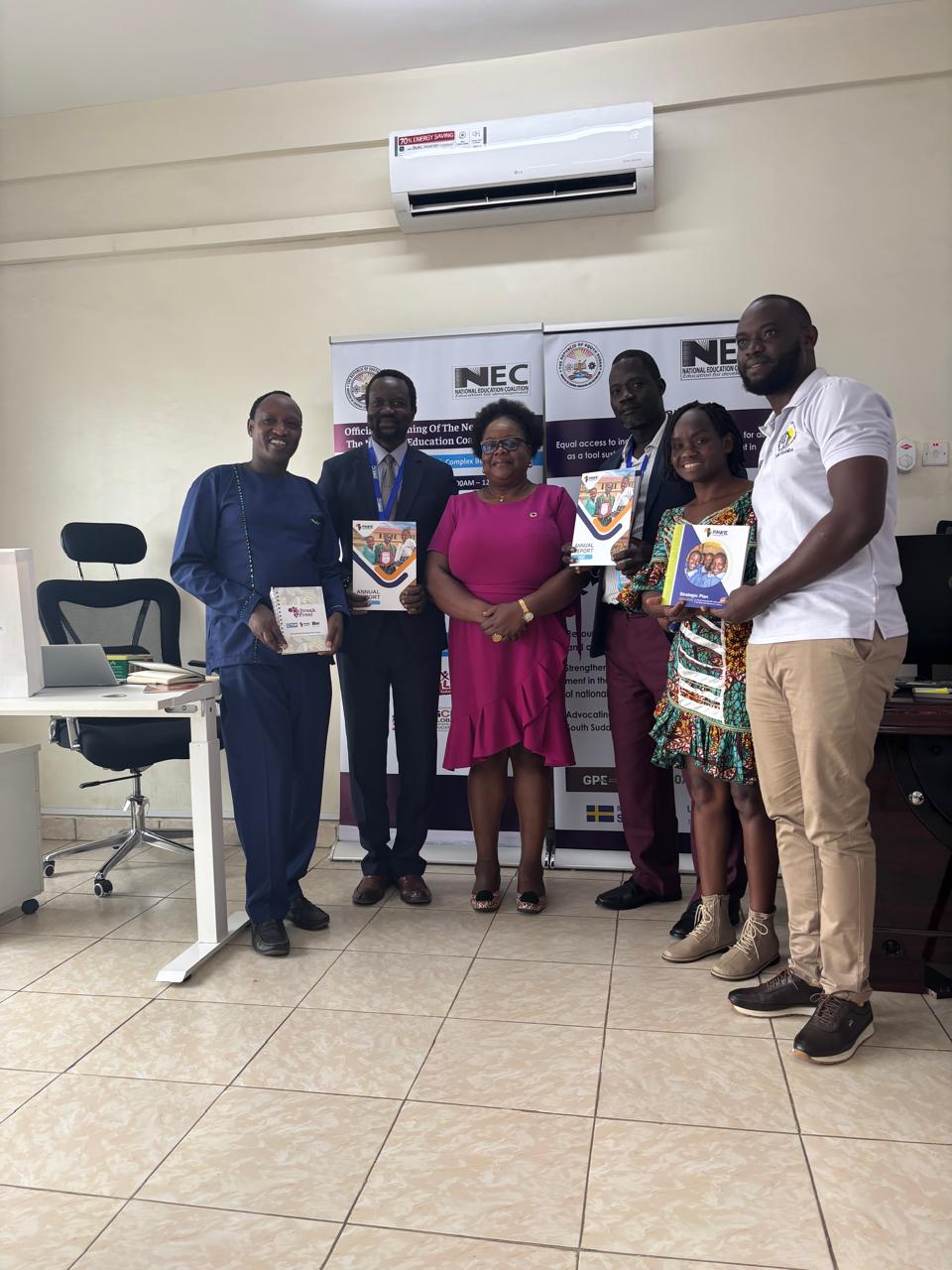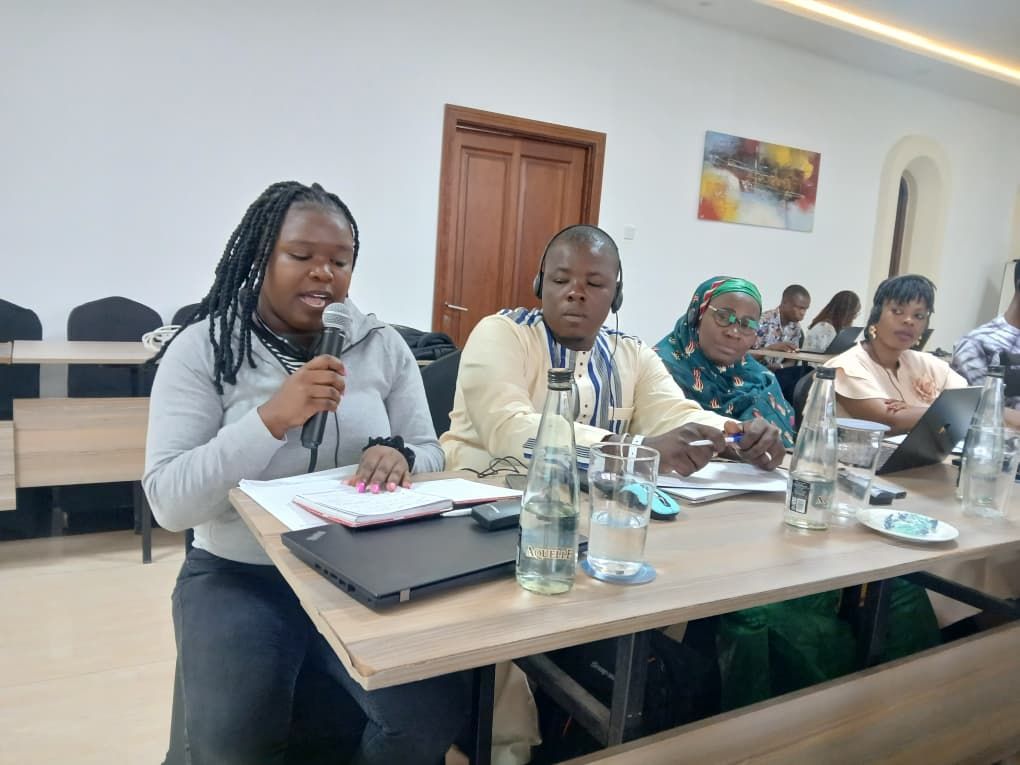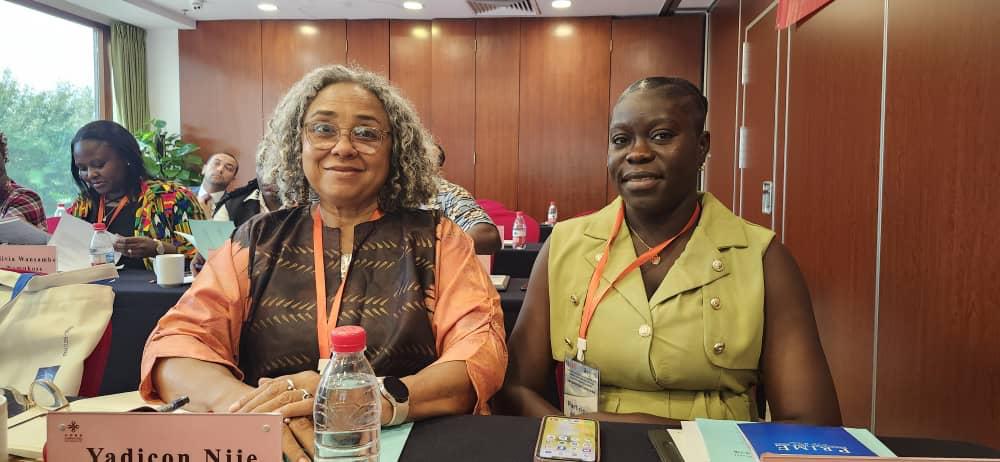JUBA – In a nation where the future is being written every day, the most important stories aren’t always found in headlines. They are unfolding in interview rooms. FAWE has landed in Juba not with fanfare, but with a specific, critical purpose: to find the architects.
Represented by Richard Chelegat, Emily Gumba, and Martin Okhako, this is no ordinary delegation. Their mission is surgical and foundational—to conduct interviews for the very pillars of FAWE’s South Sudanese chapter: a National Coordinator, a Finance Officer, and a Partnerships and Advocacy Officer. In collaboration with the local partner, WART (Women Agency for Resilience and Transformation), this process is the first, crucial act of building an institution from the skeleton up.
This is nation-building at the human-resource level. The team isn’t just filling vacancies; they are listening for the heartbeat of South Sudan’s educational revival. They are seeking the unique alchemy of passion and pragmatism required to navigate a complex ecosystem. The chosen candidates won’t just be employees; they will be the cornerstones of a long-term strategy to weave girls’ education into the national fabric.
The mission’s scope extends far beyond the interview room. Parallel to this architect hunt, the team is engaging in high-level diplomacy, meeting with key stakeholders in the Ministry of Education and Gender. This dual-track approach is deliberate: even as they build their internal team, they are simultaneously laying the external groundwork for collaboration, ensuring that FAWE’s mission is not a parallel effort, but one integrated with the nation’s own ambitions.
The process began with a strategic briefing with the leadership of WART—Executive Director Rose Abuk Mayen, HR Officer Apet Asunta, and Program Officer Sylvia. This session was the essential fuse- lighting, a merging of FAWE’s continental expertise with WART’s granular, on-the-ground intelligence.
Together, they are not just hiring staff. They are selecting the stewards for a generation of South Sudanese girls, waiting for their chance to learn, to lead, and to help shape their nascent nation. In Juba, the future of education is currently taking a seat, and answering its first question.
Weaving FAWE into the Heart of South Sudan’s Educational Ecosystem
In a quiet but pivotal meeting at the offices of the National Education Coalition (NEC) of South Sudan, FAWE and its partner WART moved to secure their place at the very loom where the country’s educational future is being woven.
This courtesy call was, in essence, a strategic docking. Dr. Ador Riak Nyiel, National Coordinator of the NEC, laid out the scale of the tapestry: a network of 221 NGOs. In this context, FAWE and WART are not just new members; they are unique, high-impact threads being integrated into a vast and powerful pattern. The meeting was about ensuring their color and strength would be felt across the entire fabric.
The dialogue, led by FAWE’s Director of Finance and Administration, Richard Chelagat, quickly moved from pleasantries to potency. He reiterated FAWE’s commitment, but with a tangible new weight: the activation of two grants to be implemented through WART. This was the signal that FAWE’s mission in South Sudan is moving from aspiration to operational reality, backed by concrete resources and a clear local partner.
But the most telling part of the discussion centered on two procedural, yet profoundly symbolic, actions: the fresh bid to re-register FAWE in South Sudan and the renewal of its subscription with the NEC network. These are not mere administrative tasks. This is the work of sinking deep roots. Re-registration is a declaration of long-term intent, a promise to stay and build. Renewing the NEC subscription is a commitment to collective action, acknowledging that the path to transforming girls’ education cannot be walked alone.
Together, these steps represent a masterclass in strategic entry. FAWE is not arriving as an outsider with a pre-packaged solution. It is deliberately embedding itself—legally, financially, and collaboratively—into the existing ecosystem. It is positioning itself to leverage the NEC’s 221-strong network not just as a mailing list, but as a force multiplier, ensuring that its work to advance girls’ education becomes a shared, national priority, echoing through every member of the coalition.





Leave A Comment